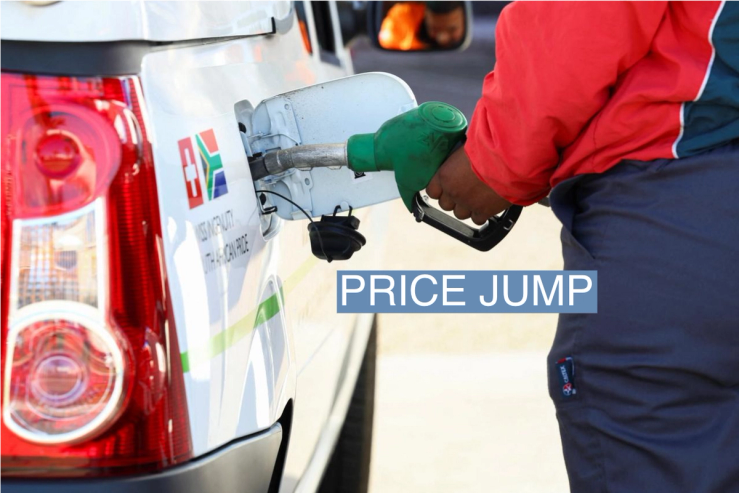The News
The price of oil has spiked in recent days, fueling concerns that inflation is set to linger in the U.S.
Gas prices in the country jumped to an average of $3.80 per gallon this week, the highest in a decade, and the second-highest level ever.
SIGNALS
It's possible that the U.S. economy won't see a "soft landing," from inflationary pressures, and that in turn is causing some market turmoil, J.P. Morgan strategist David Lebovitz told Bloomberg. While it's so far unclear what effect spiking oil prices will have on consumers, it has historically caused an economic ripple effect: High fuel prices boost costs for consumers across the board, and in turn raise the inflation rate.• 1
It is widely expected that the Federal Reserve won't change interest rates when it meets on Sept. 20. But with inflation sticking, it's unlikely that the Fed will be able to start slashing rates any time soon. That is putting pressure on growth stocks, Patrick Kaser, a portfolio manager with Brandywine Global, told Reuters. "Growth stocks have been pricing in the idea that inflation has been well anchored and that the Fed's going to cut. If that idea no longer holds they're going to be vulnerable," he said.• 2
Europe is facing a deeper inflation problem than the U.S. The U.K. and much of continental Europe has dealt with consistently high consumer pricing, while the U.S. has seen inflation fall at a faster rate, the Financial Times reported. "There is a pretty big separation between what Europe is facing and what we’re dealing with," Peter Tchir, head of macro strategy at the U.S.-based Academy Securities, told the paper. "It would not surprise me if in a year we’re worried about deflation again, rather than inflation."• 3
Financial Times, Europe grapples with higher inflation than the US



